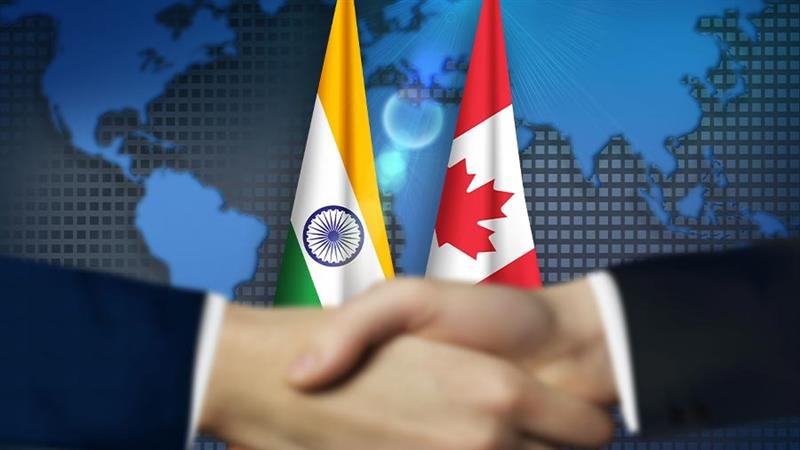India and Canada have agreed on a new roadmap to restore and strengthen bilateral ties, focusing on strategic cooperation in trade, energy, education, and security. The joint statement, issued during Canadian Foreign Minister Anita Anand’s visit to New Delhi, marks a diplomatic reset and commitment to mutual respect and long-term collaboration.
India and Canada have officially reached a consensus on a new roadmap to strengthen bilateral relations, marking a significant diplomatic reset after months of strained ties. The joint statement was issued during Canadian Foreign Minister Anita Anand’s visit to New Delhi from October 12 to 14, 2025, following guidance from both nations’ Prime Ministers during the G7 Summit in Kananaskis.
Key Highlights From The Joint Statement
- The roadmap focuses on restoring stability and building a constructive, balanced partnership grounded in mutual respect and sensitivity to each country’s concerns.
- Strategic cooperation will be enhanced across trade, energy, education, technology, and security, with both sides agreeing to pursue calibrated measures to rebuild trust.
- The visit marked Anita Anand’s first official trip to India since entering politics, and included bilateral meetings with External Affairs Minister S. Jaishankar and Commerce Minister Piyush Goyal.
- The statement emphasized the importance of people-to-people ties, academic exchanges, and business collaborations as pillars of the renewed engagement.
Diplomatic Context
The announcement follows a period of diplomatic tension, with both countries now committing to a forward-looking framework. The roadmap aims to create mechanisms for regular dialogue, transparent communication, and shared development goals, especially in the Indo-Pacific region.
Strategic Vision
Canada’s Indo-Pacific strategy and India’s global outreach converge on key priorities such as clean energy, digital innovation, and inclusive growth. The renewed partnership is expected to unlock new opportunities for joint ventures, academic research, and cultural exchange programs.
Industry And Policy Implications
Business leaders and policy analysts have welcomed the move, noting that improved relations could boost bilateral trade, investment flows, and collaborative projects in sectors like AI, green tech, and higher education. The roadmap also sets the stage for future summits and ministerial-level engagements.
Sources: Global Affairs Canada, The New Indian Express







